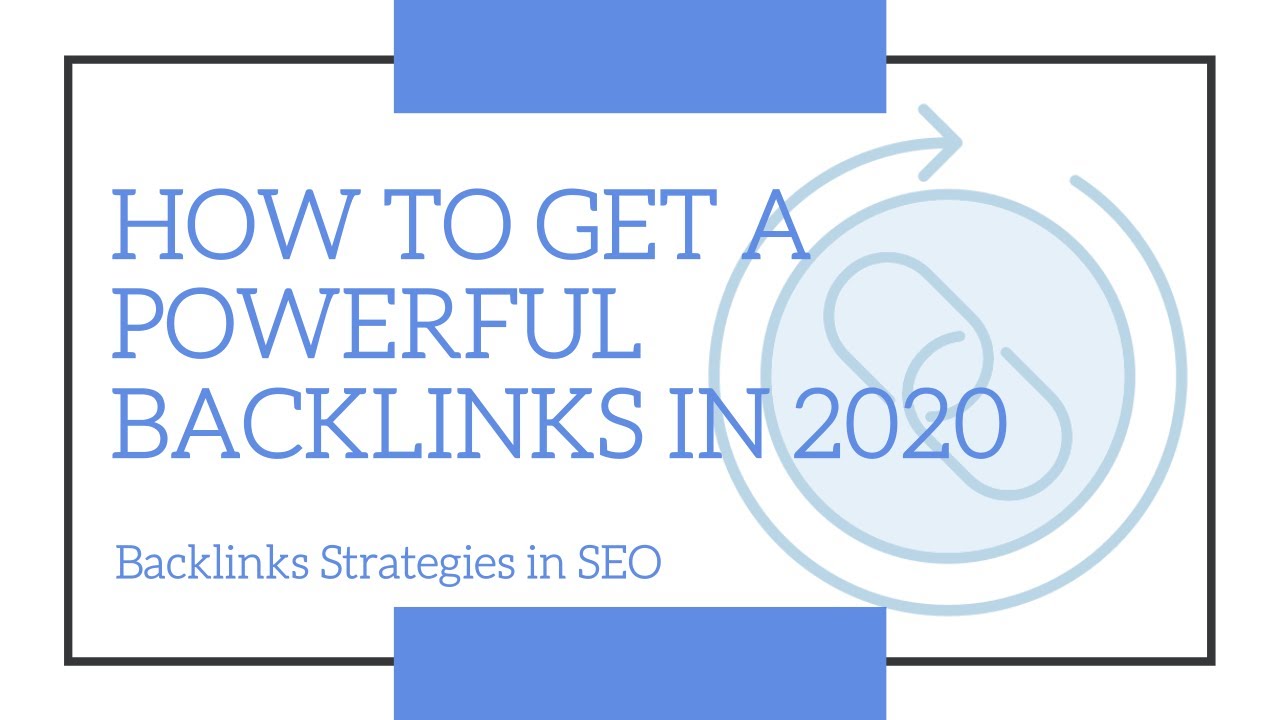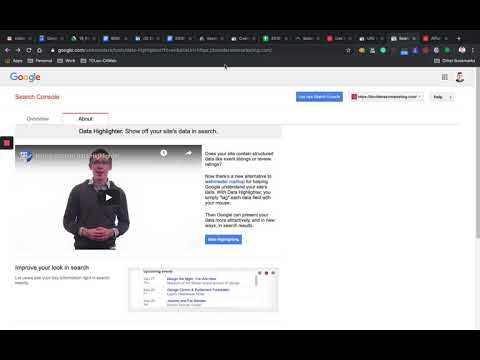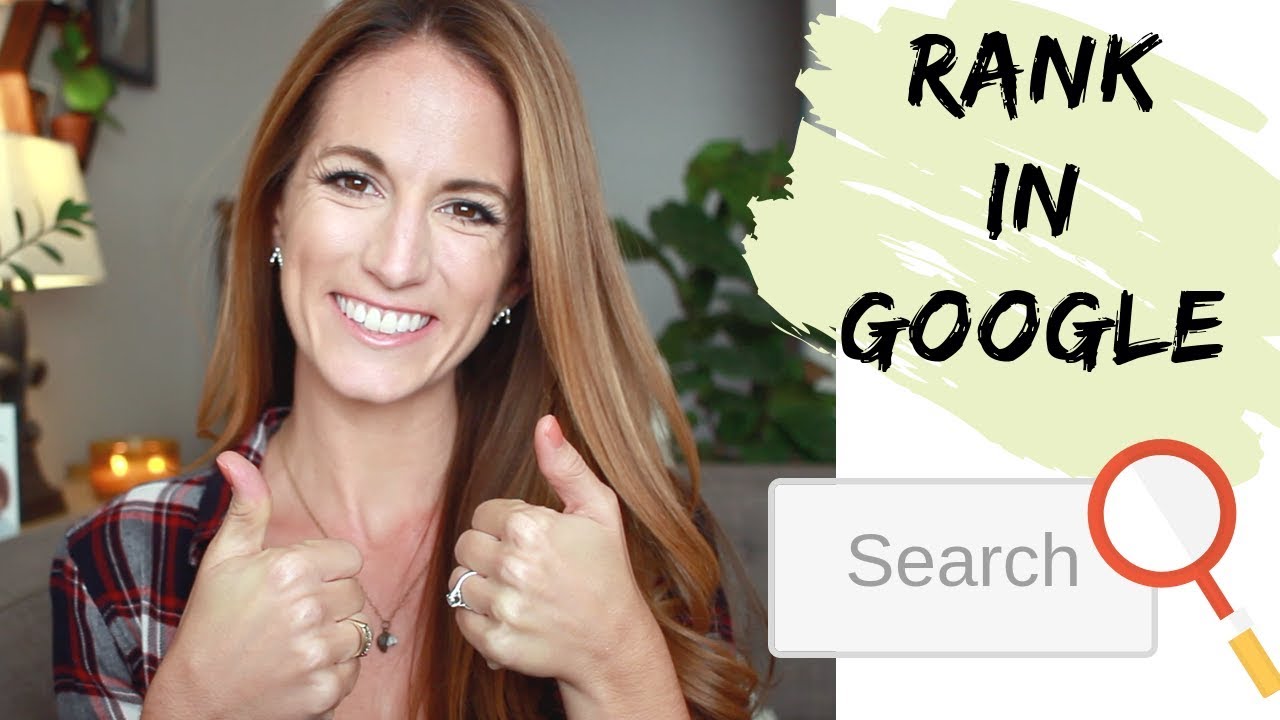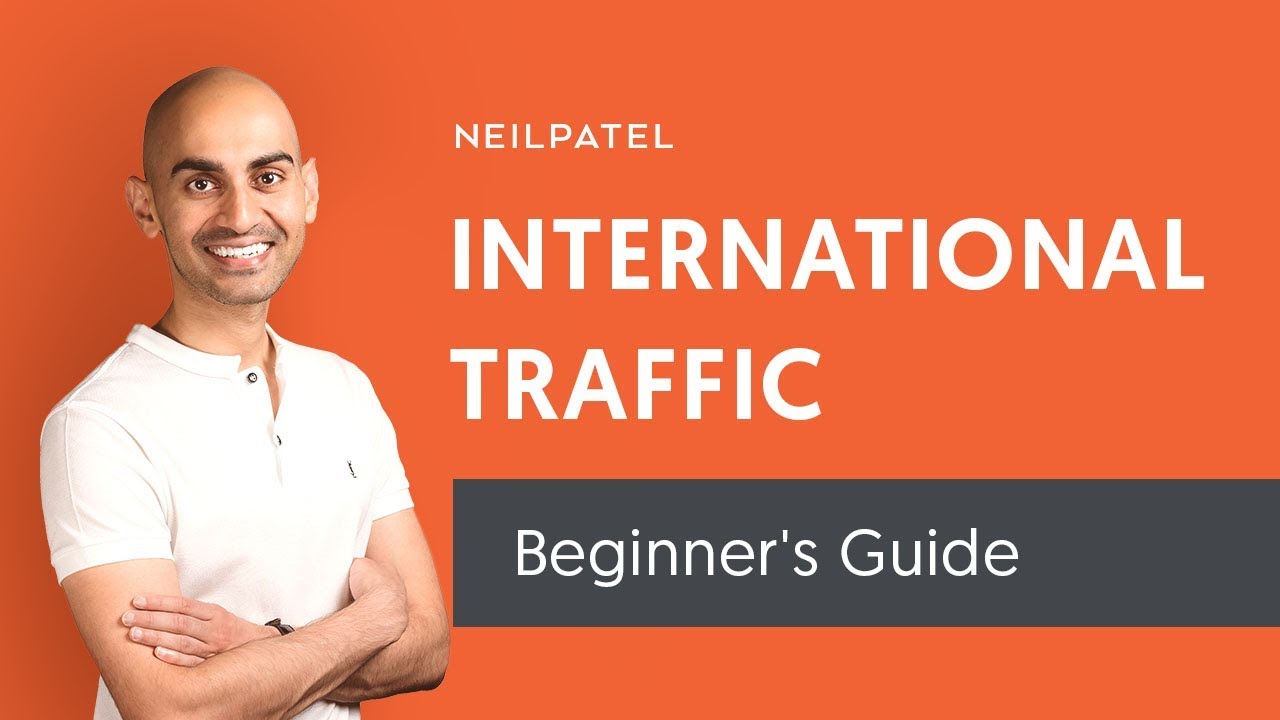How to Rank in Google | Boost your SEO in Private Practice
FREE Guide: Start a Private Practice in Counseling:
https://tinyurl.com/y9ek9en8
So you saw the title of this video and you’re like, “What is SEO?” Ahhh! Don’t worry, you don’t have to spend hours learning everything about SEO, you just need a few minutes using a free tool to know everything you need to know about SEO for your website.
Neil Patel’s SEO Analyzer Tool:
https://neilpatel.com/seo-analyzer/
Build a Website:
Find Your Niche:
Find Keywords:
This video is geared for therapists of all kinds, including psychologists, MFTs, LPCCs, social workers, and others in the clinical counseling field.
Welcome to Private Practice Skills! I’m Dr. Marie Fang, psychologist in private practice. I post videos offering tools I learned the hard way about starting and growing private practice so that you don’t have to.
Facebook: www.facebook.com/PrivatePracticeSkills/
Insta: PrivatePracticeSkills
Music Credit:
“Fresh” by Ikson
This video is not intended as professional or legal advice. Be sure to seek the services of a professional if you are in need of them.
I know as therapists we get such a bad rap for not being tech-savvy. I mean, up until about 5 years ago, most therapists didn’t even have a website.
But you don’t have to do extra coursework to know what you need in order to have a website that your ideal client can find through a simple Google search.
First, what is SEO?
SEO stands for search engine optimization. That’s just a fancy phrase that means when someone builds a website, it doesn’t mean Google and other search engines automatically understand what your website is about. SEO is what we build into our websites to make it easier for people to find us in a Google search.
So, in order to build your website’s SEO, you need to do a couple of things beforehand. First, you have to have your website set up, which involves knowing your niche and your keywords as well. If you need help with any of those items, I’ll scroll links to those videos up here or you can find them in the description box.
Once you have your website set up with your keywords, you are ready to analyze your website’s SEO.
Before I discovered this tool, I went through so many hoops to try to optimize my SEO. I took online courses, listened to podcasts about SEO, and even paid a professional to sift through my website and optimize the SEO. However, even after all of that I was still showing up on the bottom of the second page of search results for my targeted keyword.
I put in endless hours of work and it was SO frustrating. Let me save you from that heartache! I found a tool and after spending about 30 minutes on my website’s SEO, I’m ranking just beneath my top competitor for my primary keyword. Here’s how I did it:
Neil Patel has a completely free SEO analyzer tool.
Start by visiting neilpatel.com, scrolling to the bottom, hovering over “tools,” and selecting the SEO analyzer. You can also find the link in the description.
Then, type in your website address. It takes a moment to analyze the homepage of your website. It will give you an overall score based on errors and warnings and it will also check out how quickly your page loads.
As your scroll down, the analyzer will give you feedback about how to improve your page’s SEO. Take a little time to follow the various recommendations and correct any errors or warnings on your page.
Backlinks are an important aspect of SEO, but I’ll save that information for another video in the future.
The Keywords section of the page is incredibly important. This reflects the words that Google thinks your website is about. You want these words to reflect things you think your ideal client will be typing into a search engine. If the keywords listed here are just your name and factors unrelated to your specialties, then your ideal client will not be able to find you in a Google search.
Keep scrolling down and check out the recommendations. As you can see, there are a few recommendations I still need to develop on my own website. This list gives you a nice to-do list that you can tackle in your own time.
Lastly, you can compare your website to other therapists. I won’t single anybody out in this context, but you can see how your website fairs against others who are ranking for similar keywords.
Okay, that may have felt like a lot of information coming at you, but all of it is contained cleanly in that analysis page and you can rewatch this video as many times as you need while you update your website.
If you make changes to your website’s SEO, give search engines two or three weeks to update your search rankings. Circle back to this tool a couple of weeks later and see if there are more updates you can make to improve your scores.
source













